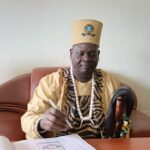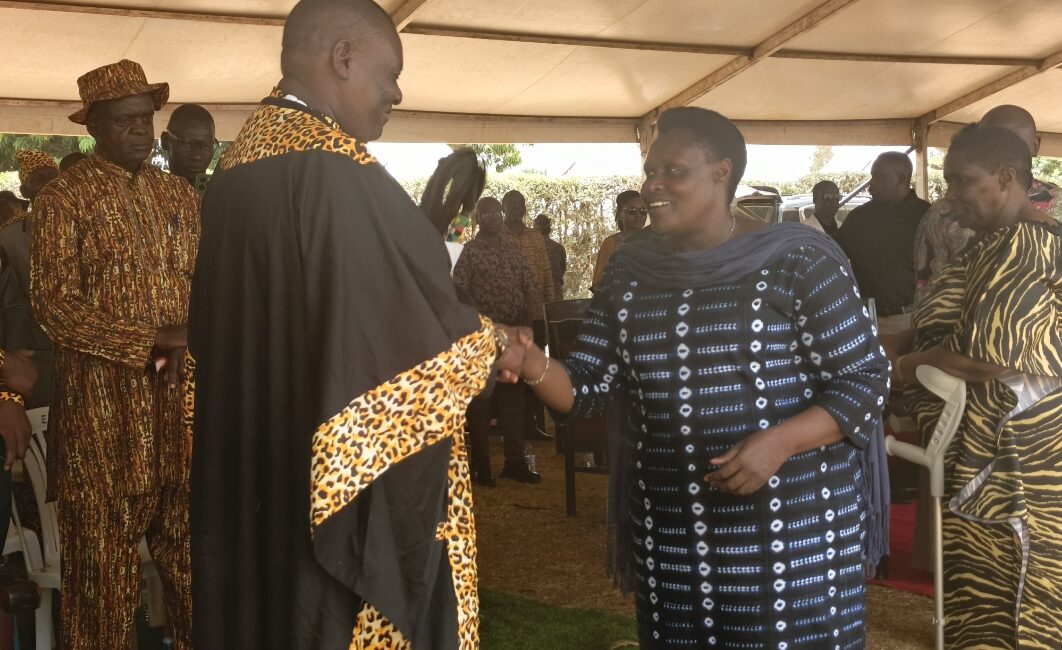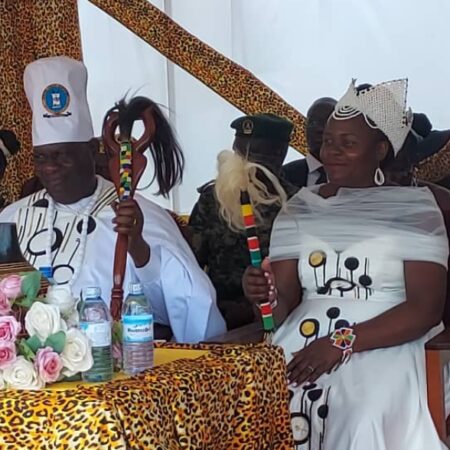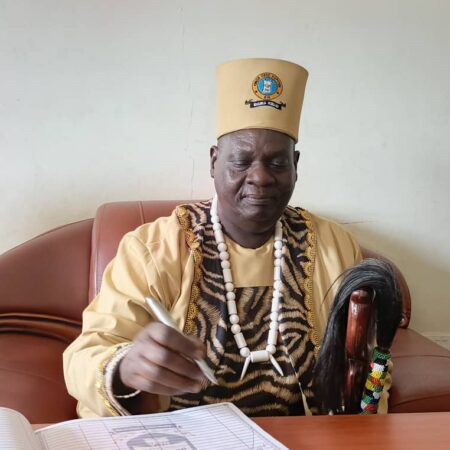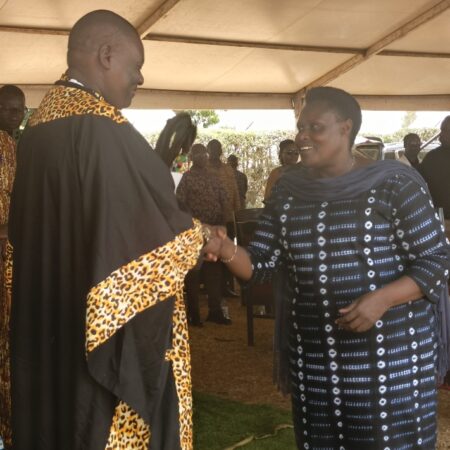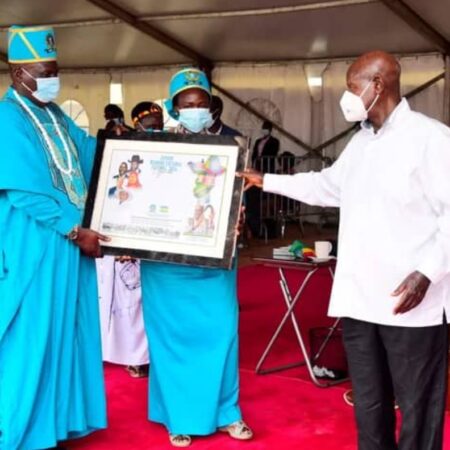When His Highness Papa Paul Sande Emolot Etimeileng was enthroned as Emorimor Papa Iteso III in October 22, 2022, he inherited a throne marked by both grief and uncertainty. His predecessor’s passing had left the Iteso Cultural Union (ICU) weakened by internal divisions, and many doubted whether the institution could reclaim its relevance. Yet from the moment of his installation, Emorimor set a decisive tone: the ICU would rise again, grounded in unity, cultural pride, and modern development.
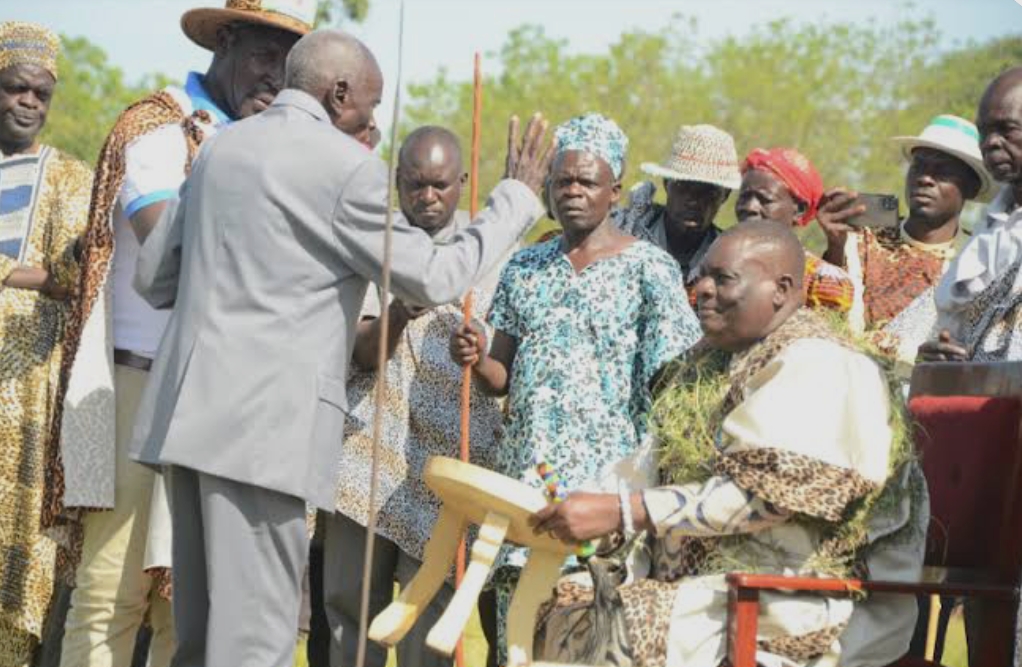
Three years later, his reign has evolved into a powerful story of transformation. From restoring heritage sites and establishing new education schemes, to convening landmark cultural festivals and engaging in international diplomacy, Emorimor has redefined what cultural leadership means in the 21st century. Today, his influence is not confined to ceremonial functions; it spans education, economic development, tourism, and even climate change action.
2022: Enthronement and Setting Priorities
The year 2022 marked a historic moment. In October, Emorimor was enthroned as the paramount chief of the Iteso people. His coronation speech focused on three priorities: unity, education, and rebuilding ICU institutions.
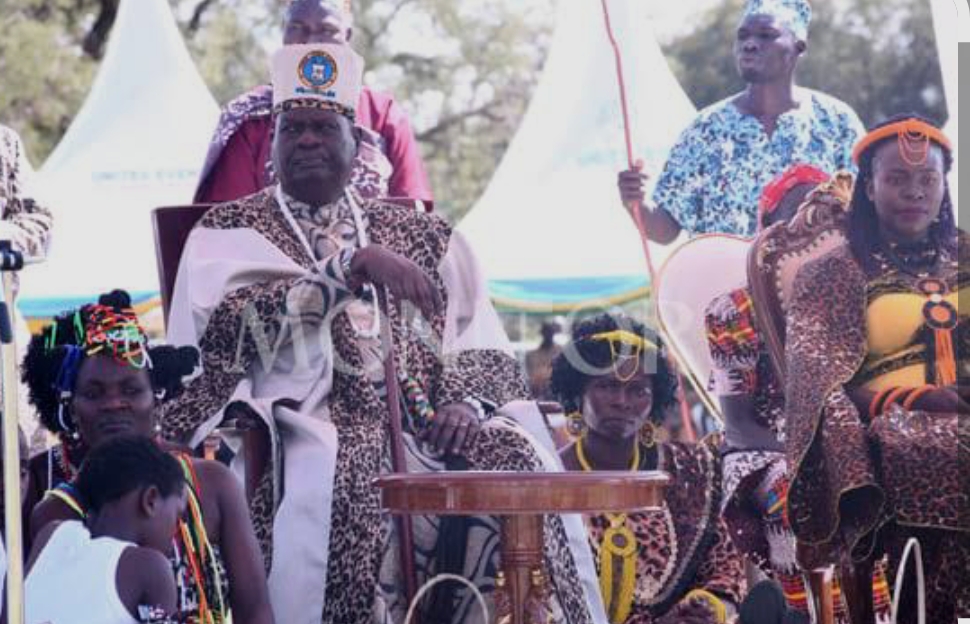
Almost immediately, he embarked on reconciliation efforts, bringing together factions that had contested the leadership in previous years. He reached out to elders, clans, and district leaders to heal divisions and restore faith in the throne. He also began reorganizing ICU’s administration by forming a stable cabinet and creating clear operational structures.
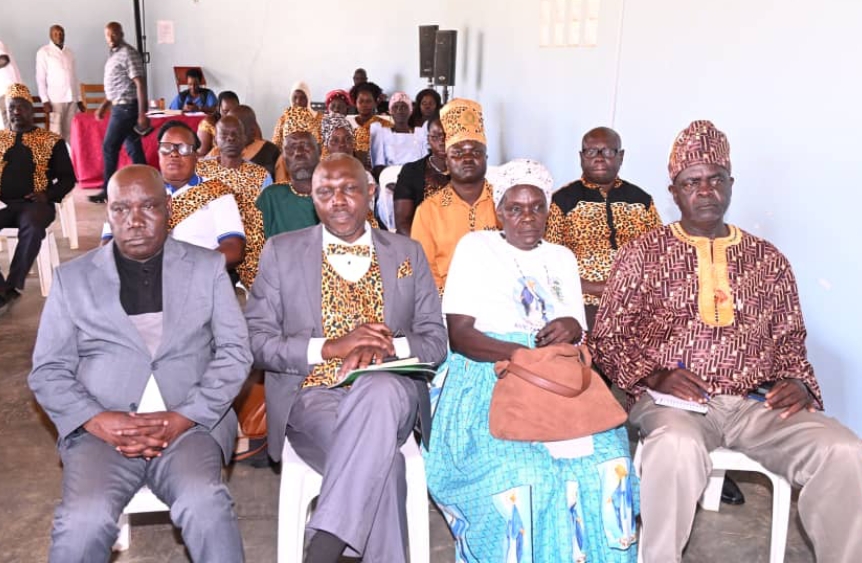
Among his most impactful reforms was the establishment of the Iteso Cultural Union Development Foundation (ICUDEF), a vehicle designed to attract resources for cultural preservation, education, and socio-economic programs.
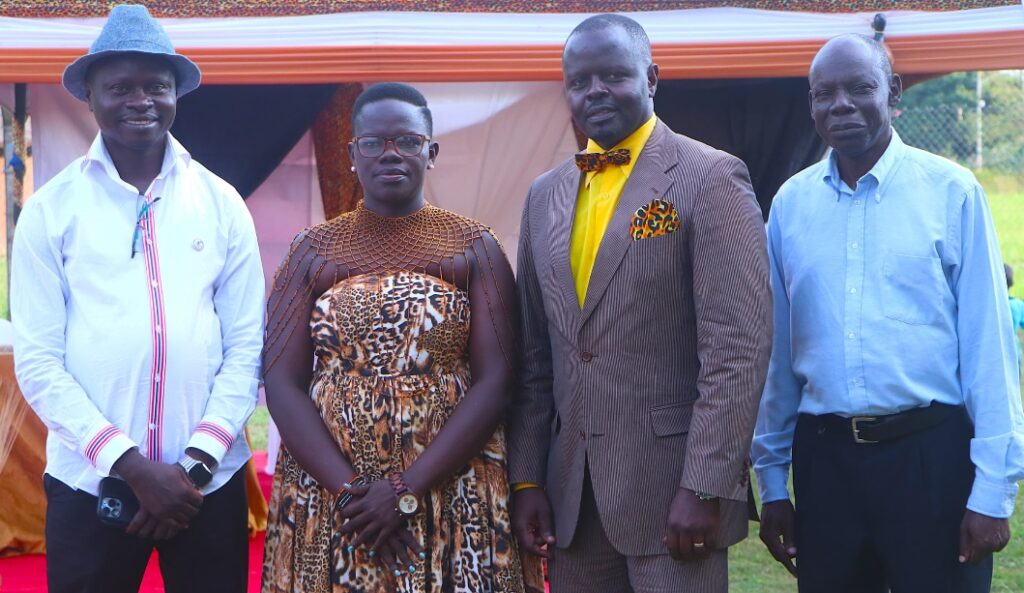
2023: Consolidation and Formal Recognition
In early 2023, the Ugandan government formally gazetted Emorimor as the cultural leader of the Iteso. This recognition ended lingering disputes and solidified his legitimacy.
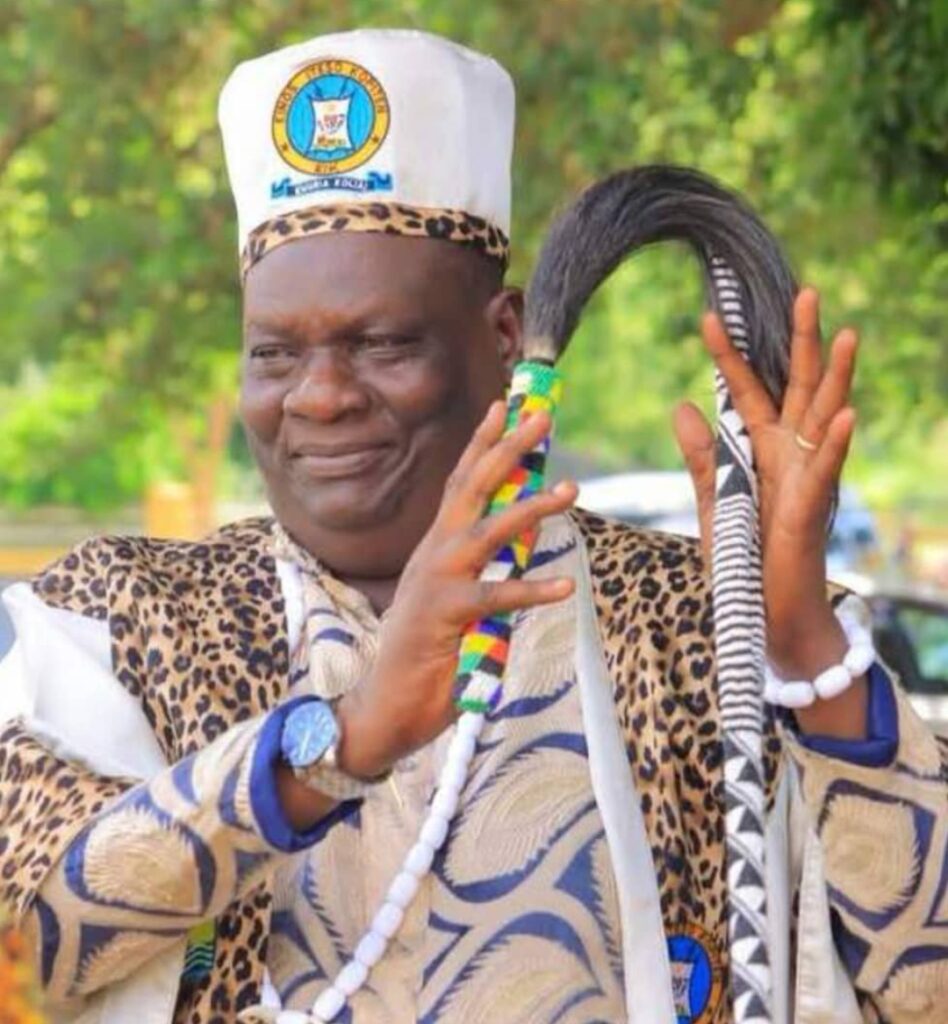
With his throne secure, Emorimor launched a broad outreach campaign. He toured districts across Teso, consulted communities, and held dialogues with leaders in the diaspora. These consultations reintroduced the Emorimor’s role as not only symbolic but also strategic, a custodian of heritage and a partner in development.
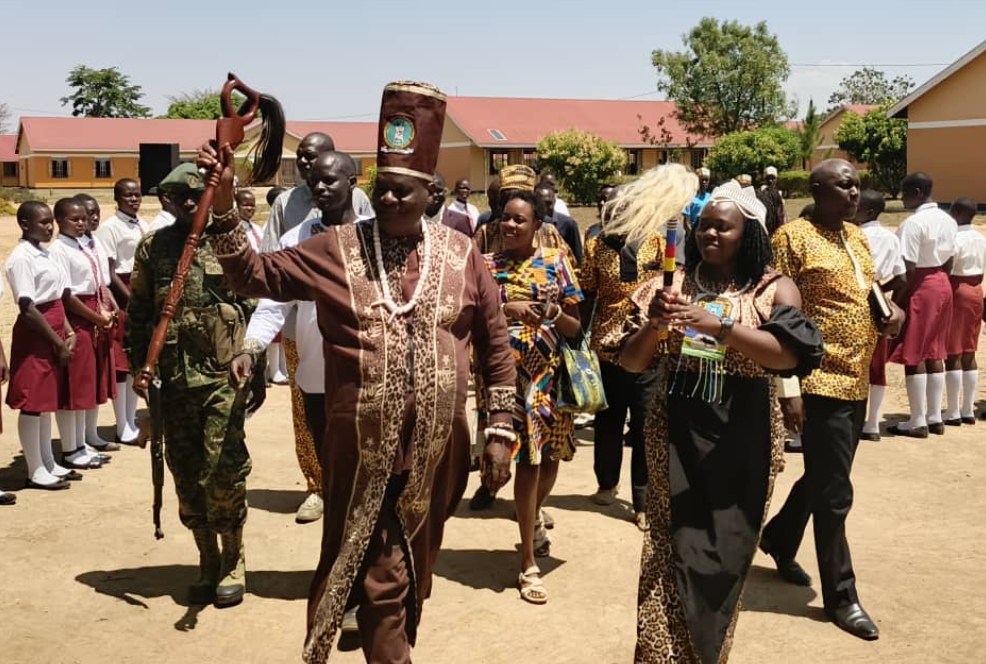
To strengthen visibility, he also addressed practical needs such as institutional mobility. Vehicles were procured to support ICU’s work, enabling its leadership to reach even the most remote parts of Teso.
This seemingly small but important measure improved efficiency and rebuilt trust with communities.
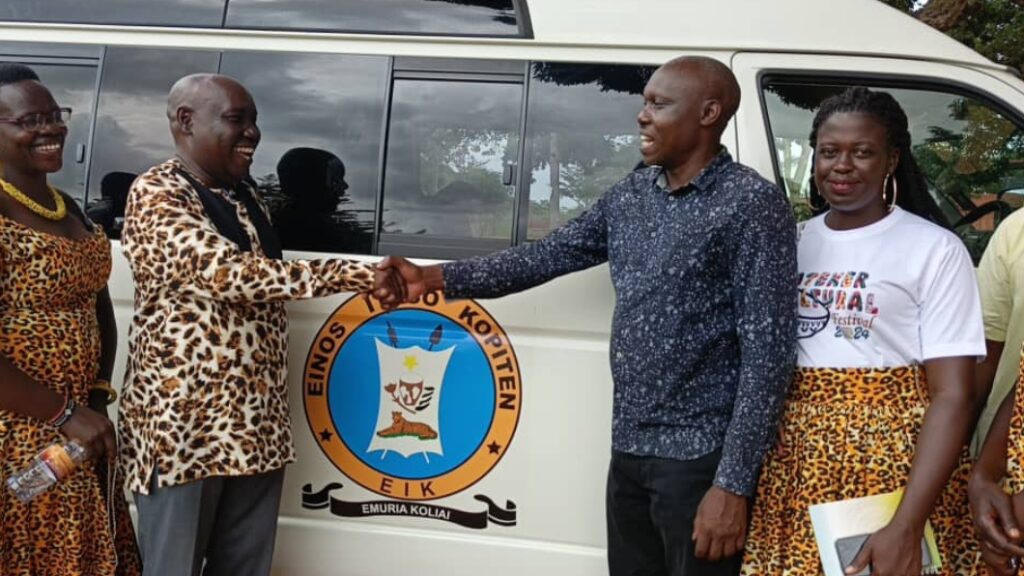
2024: Cultural Mobilization and the Dream of Ere Iteso
By 2024, Emorimor’s vision grew bolder. In November, the ICU under his stewardship approved the Ere Iteso project, an ambitious architectural and cultural centre estimated at UGX 55.5 billion (USD 15 million).
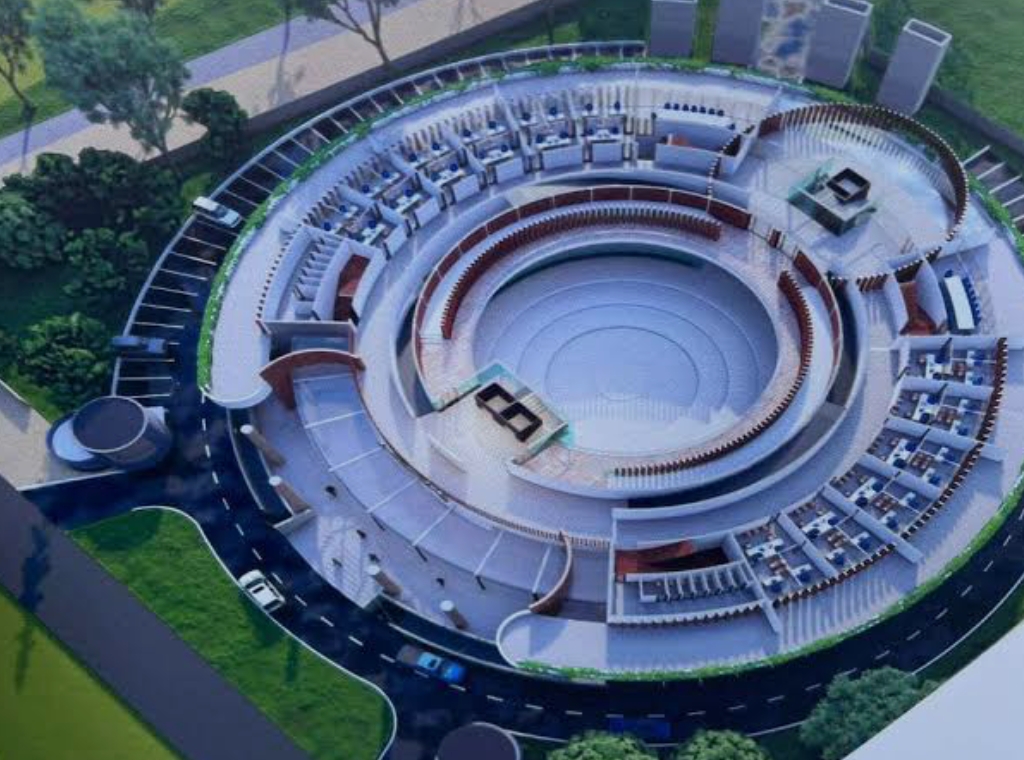
This flagship complex was designed to house ICU headquarters, a museum, an auditorium, and other civic facilities. It was more than a building; it was a permanent cultural landmark symbolizing Iteso pride and ambition.
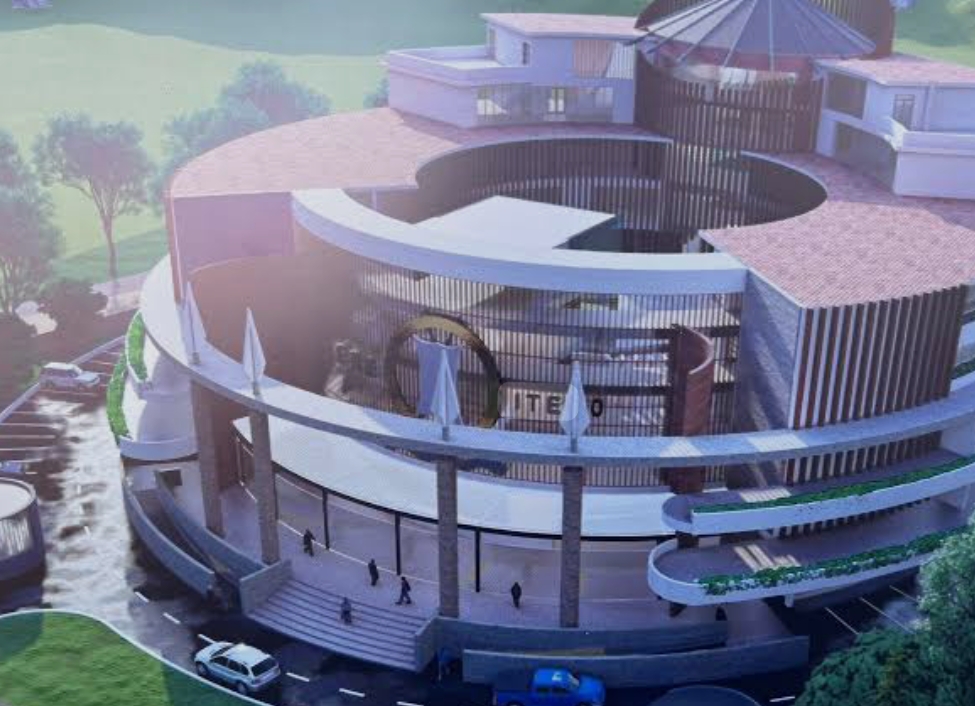
The year also saw challenges. In Katakwi, several sacred cultural sites were demolished, sparking anger across the region. Emorimor responded swiftly, defending heritage and mobilizing elders and clans.
His leadership, marked by forgiveness combined with formal appeals to higher authorities, not only diffused tensions but also elevated him as a protector of Iteso culture.He also intensified Ateker cultural mobilization.
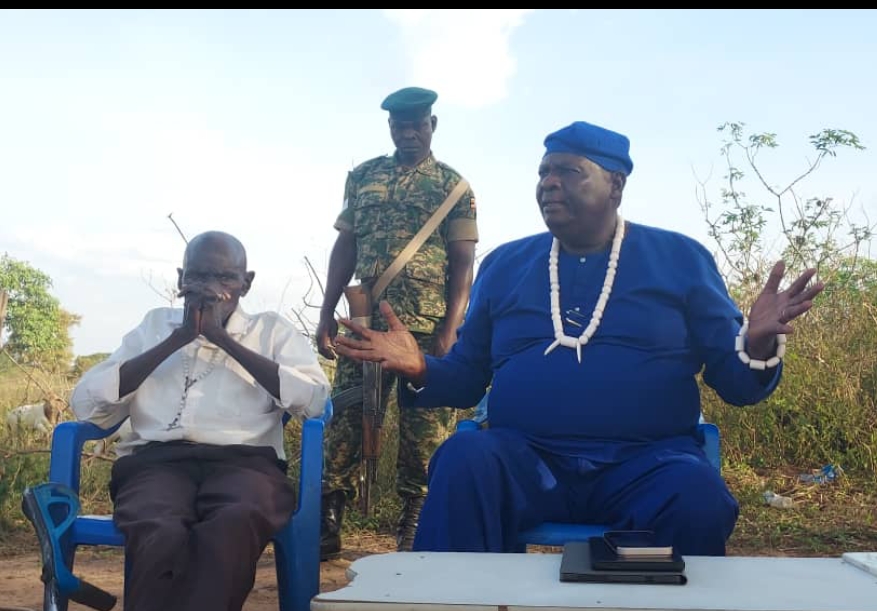
Delegations from Uganda, Kenya, South Sudan, and Ethiopia were brought together under one identity, reinforcing bonds of unity. These mobilizations set the stage for the monumental Ateker Re-Union Festival.
Festivals, Tourism, Diplomacy, and Climate Action
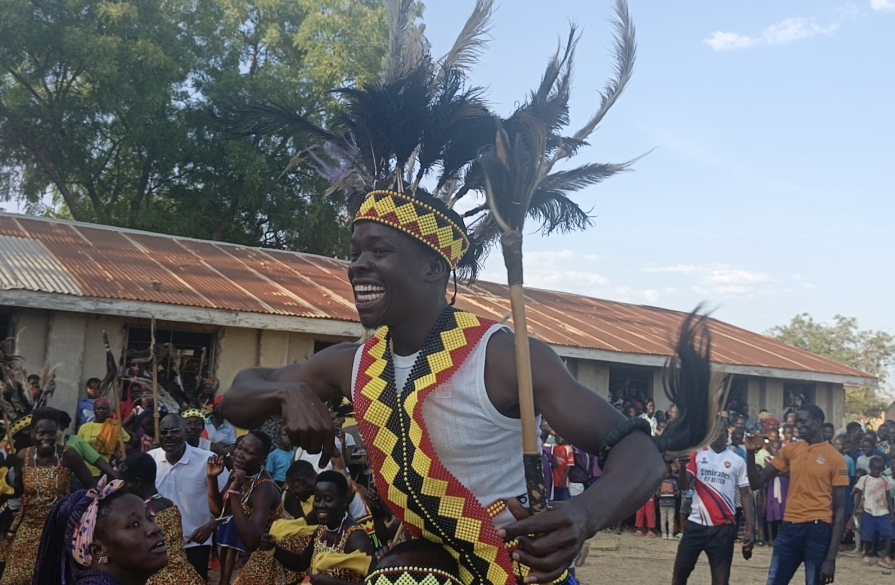
The year 2024 and 2025 have been the pinnacle of Emorimor’s reign so far. It has witnessed a fusion of culture, economy, and diplomacy in ways that have redefined the Teso sub-region’s future.
The Ateker Re-Union Festival held in October 2024
The first Ateker Re-Union Festival became a turning point. Attended by President Yoweri Kaguta Museveni and First Lady Janet Kataaha Museveni, the festival celebrated Ateker identity while serving as a platform for education, investment, and diplomacy. Investors pledged scholarships, vocational programs, and cultural exchange opportunities.
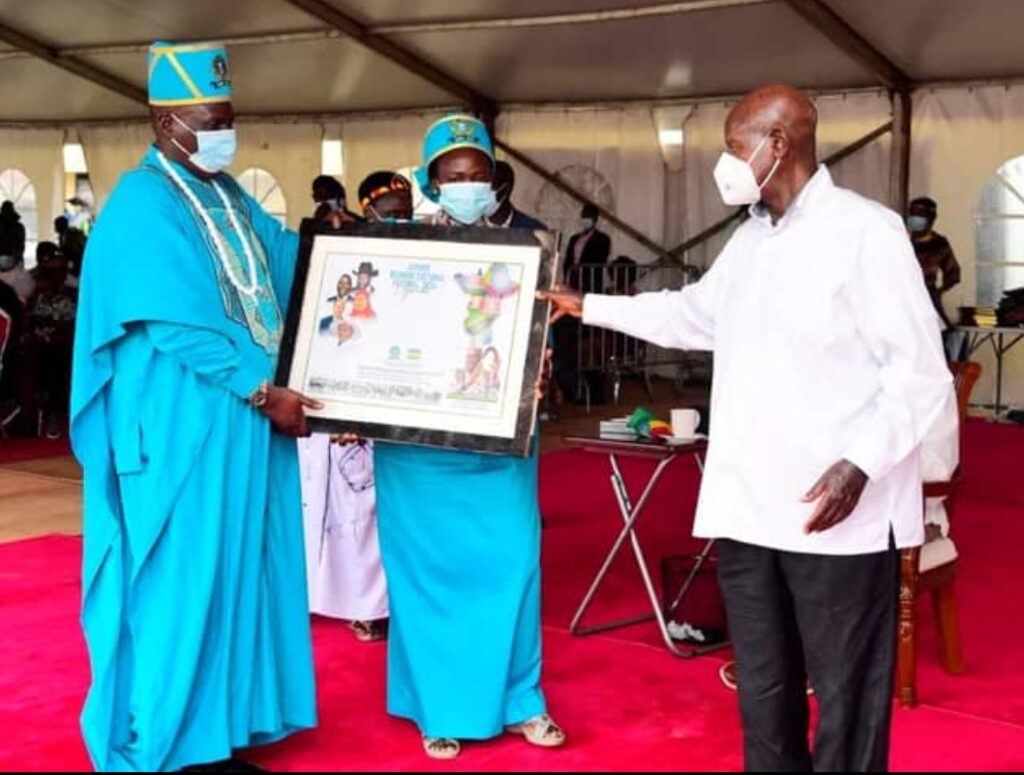
Business exhibitions revealed Teso’s economic potential in agriculture, tourism, and trade.The Emorimor’s ability to convene stakeholders and transform culture into a tool for development was evident.
The festival declared to the nation and the region that Ateker identity is not just a relic of history but a driver of modern progress.
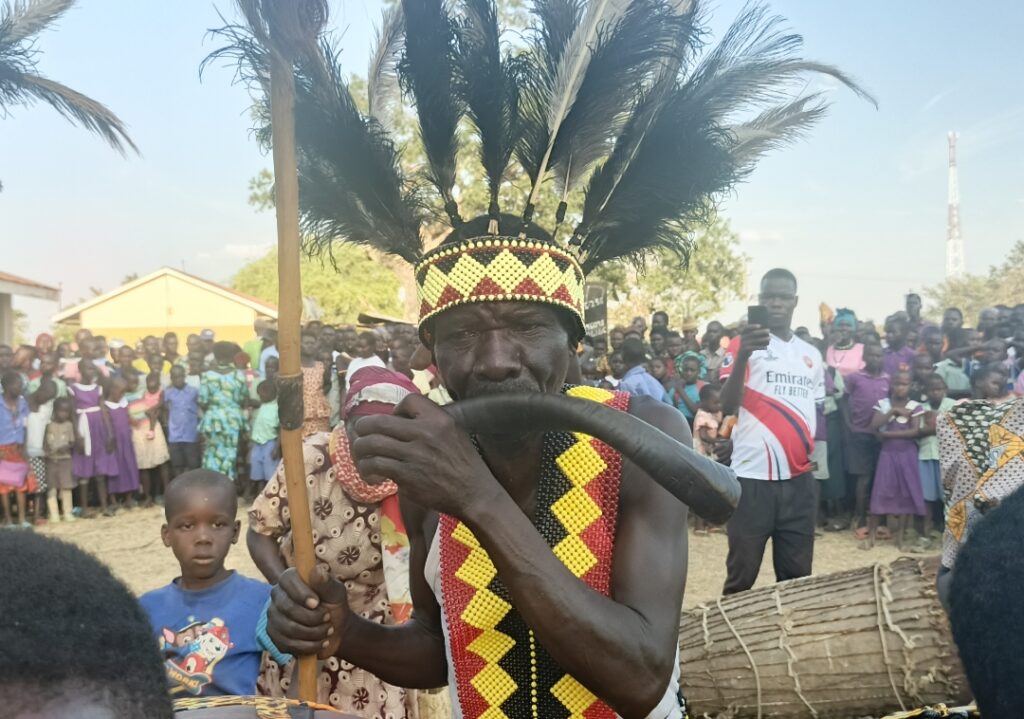
2025: The Ecomai Festival, Showcasing Tourism Potential
Only Months later, in April 2025, another cultural milestone unfolded: the Ecomai Festival at the shores of Lake Opeta in Katakwi District. This festival, championed by Emorimor, highlighted the beauty of Teso’s natural environment and the immense potential of tourism as an income source for his subjects.
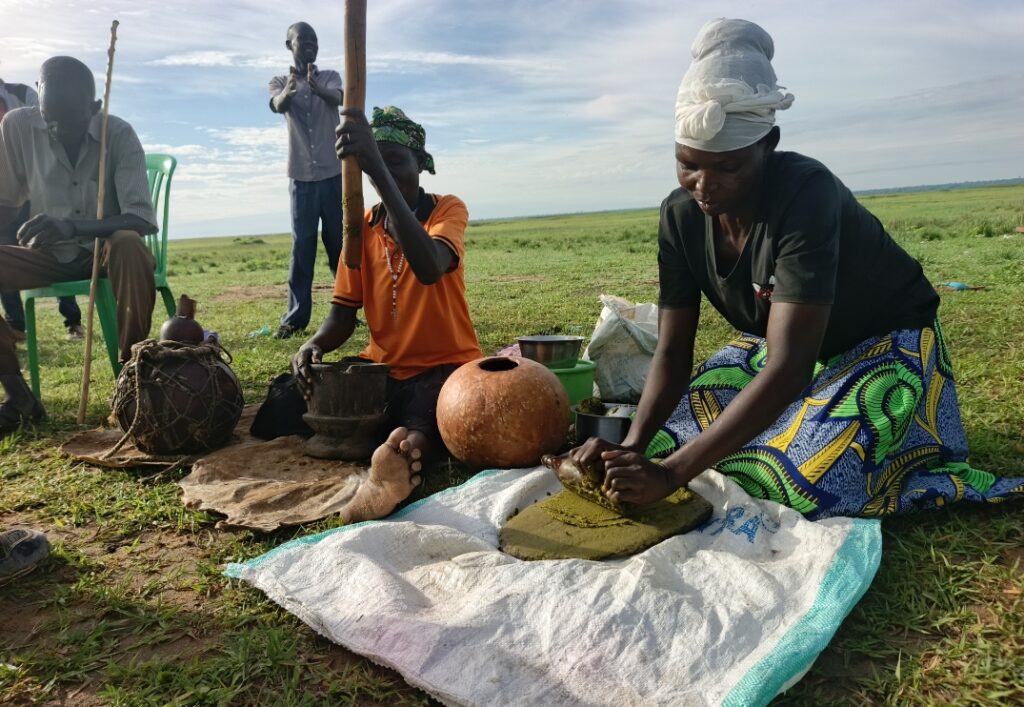
The festival celebrated traditional cooking styles and dishes, fishing practices, music, and storytelling while promoting eco-tourism around Lake Opeta.
Emorimor used the platform to call for investment in cultural and eco-tourism, emphasizing how tourism could create youth jobs and diversify livelihoods. He announced plans for a Tourism Symposium to attract both domestic and international investors, placing Teso firmly on Uganda’s tourism map.
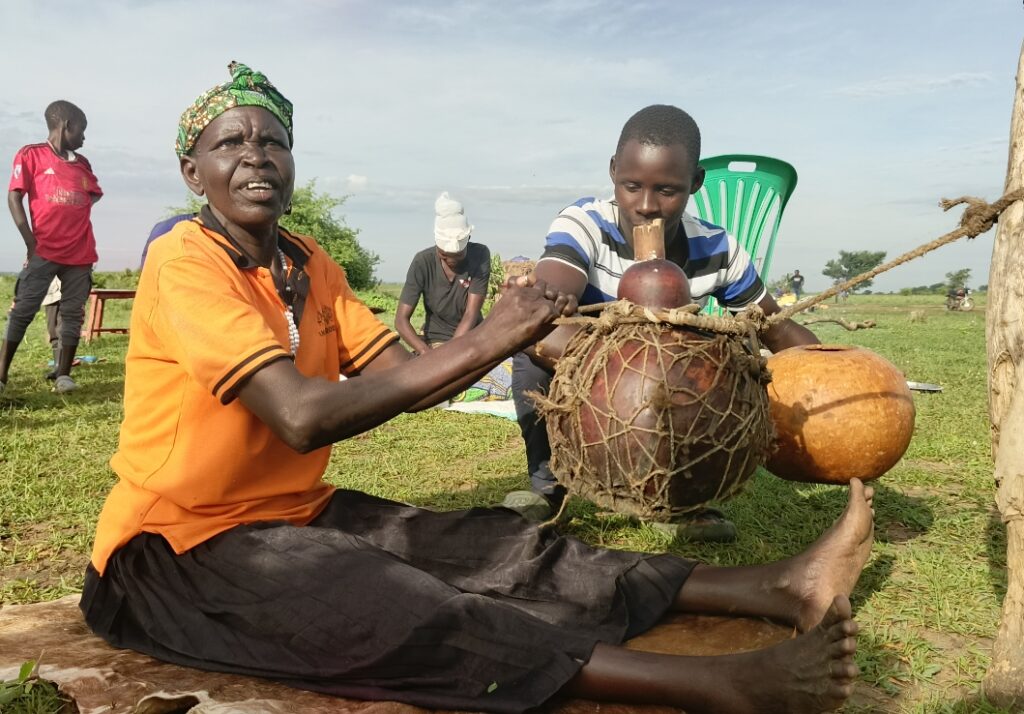
Through Ecomai, he reminded his people that nature and culture are assets, when preserved and marketed, they can feed families and sustain communities.
Climate Change and Environmental Partnerships.
Emorimor has also positioned himself as a strong advocate for climate action. Recognizing that environmental degradation threatens both heritage and livelihoods, he forged partnerships with key entities to conserve Teso’s natural environment.
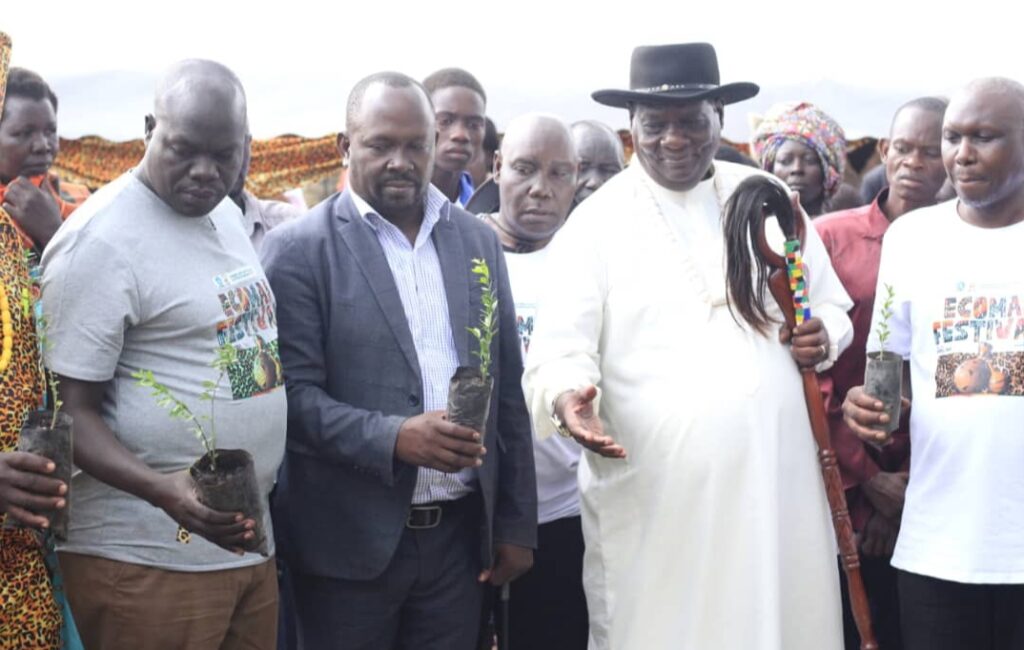
Notably, ICU entered into agreements with the Uganda People’s Defense Forces (UPDF), the Italian Agency for Development Cooperation, and other partners, with funding support from the European Union. These partnerships aim to restore wetlands, conserve forests, and integrate climate resilience into community life.
By mobilizing youth, cultural institutions, and local leaders into tree planting, environmental education, and sustainable land use, Emorimor has turned cultural leadership into a vehicle for climate action.
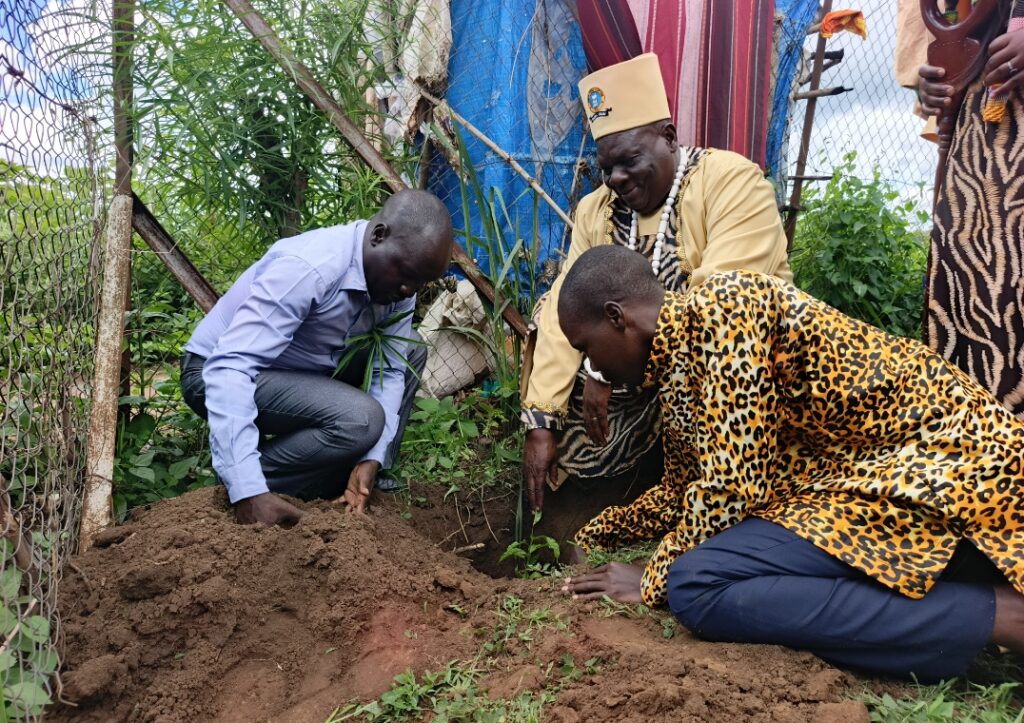
Education and Family Foundations
Alongside festivals and environmental initiatives, 2025 also marked the launch of the Emorimor Education Fund / Clan Education Scheme.
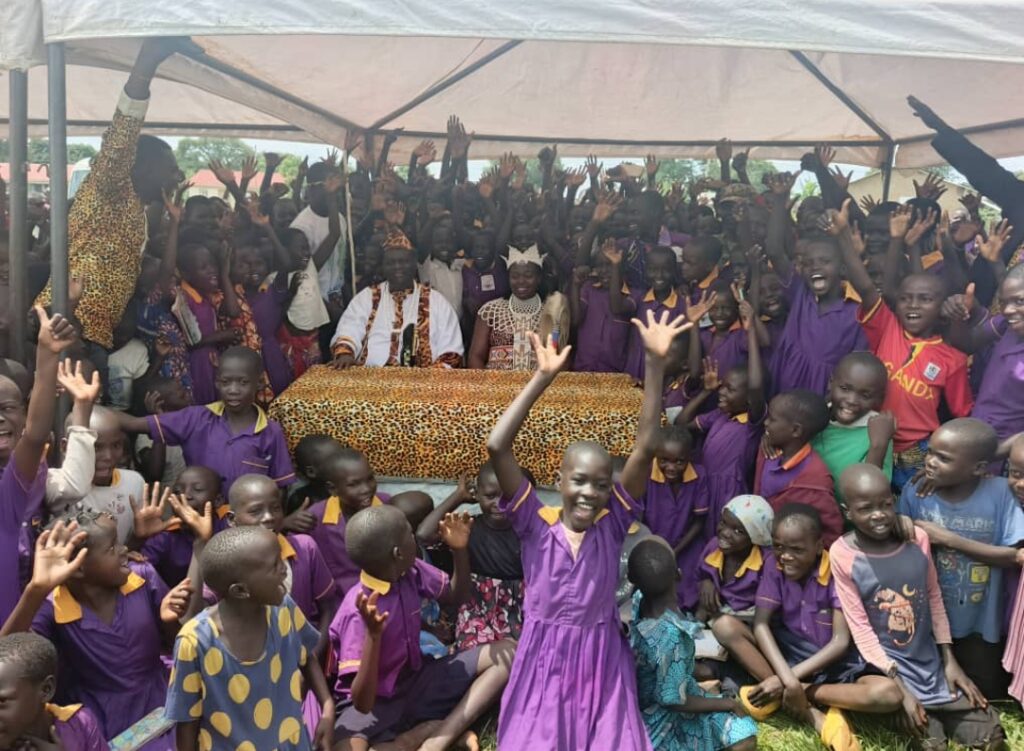
This innovative program calls on each registered clan to contribute UGX 100,000 annually, pooling resources to support vulnerable learners. The scheme seeks to reduce school dropouts and ensure access to education from primary to tertiary levels.
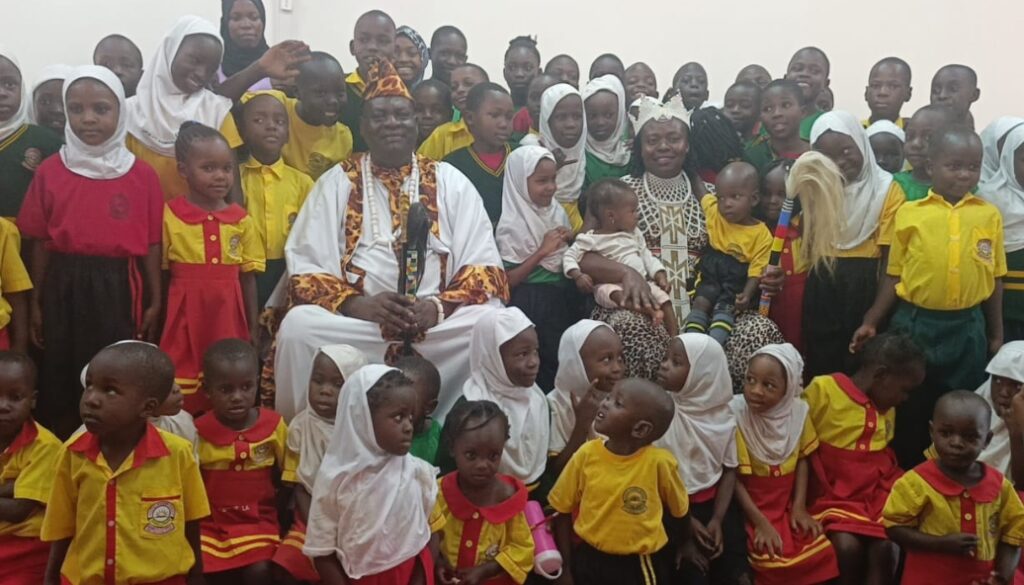
In June, he also pushed for improved parenting practices, urging Makerere University to elevate a parenting curriculum into a full program. By championing families as the cornerstone of culture and education as the path to progress, Emorimor continues to emphasize human capital development as the ultimate investment.
Global Diplomacy, Taking the Iteso Beyond Borders
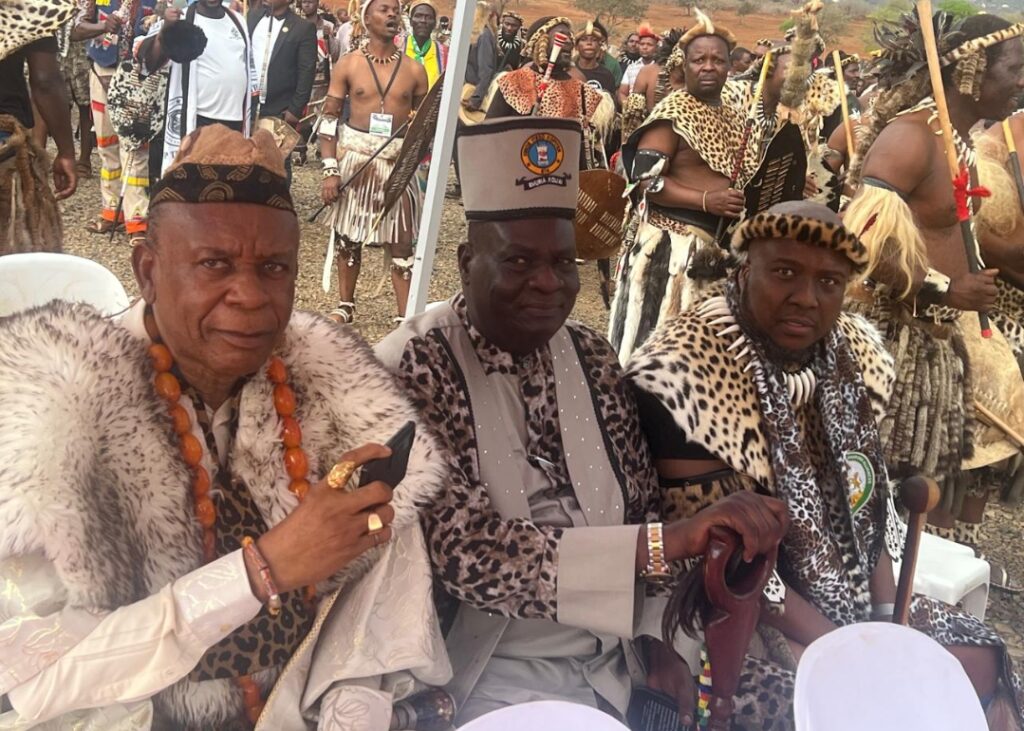
At home, Emorimor has revived pride; abroad, he has raised the Iteso profile. In 2025, he led diplomatic missions to the Zulu Kingdom in South Africa, Eswatini, the United States, and the United Arab Emirates.These trips strengthened ties with African monarchies, showcased Teso’s cultural richness, and attracted interest in tourism and investment.
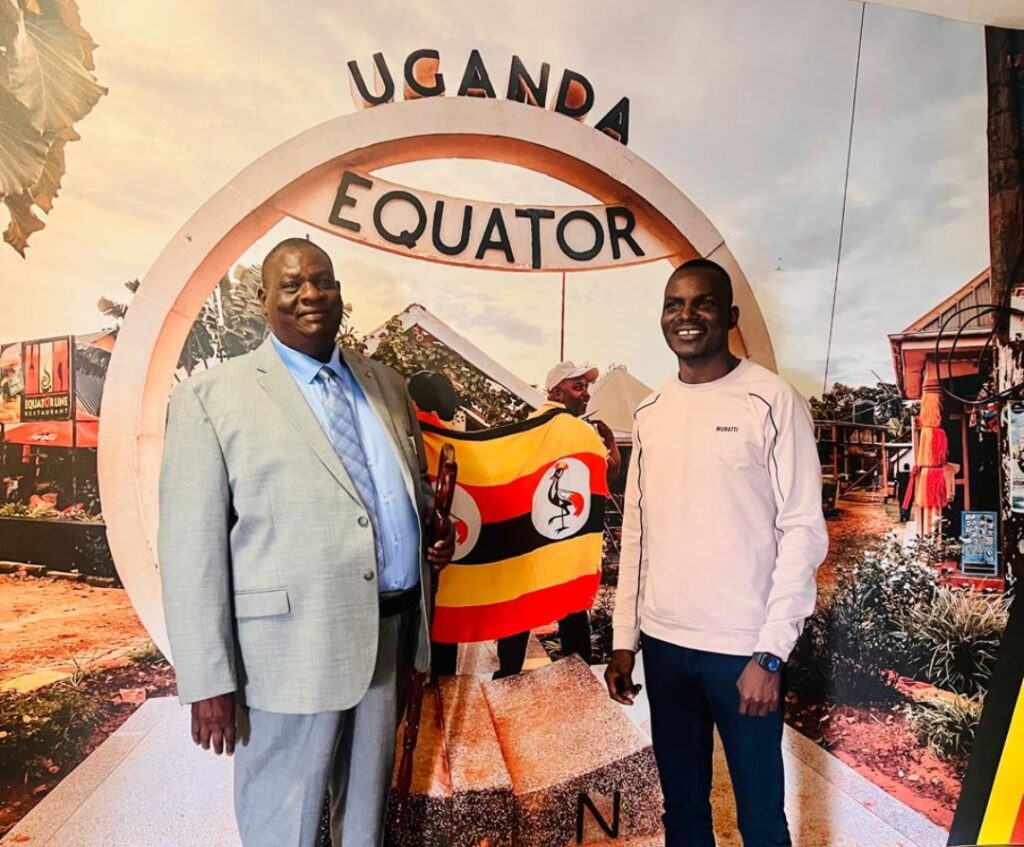
His ability to position Teso as a partner in regional peace, development, and cultural exchange confirmed his role as not just a custodian of tradition but a global cultural diplomat.
Key Themes of His Reign (2022–2025)Reflecting on the past three years, Emorimor’s leadership embodies four themes:
1. Cultural Preservation Meets Development:
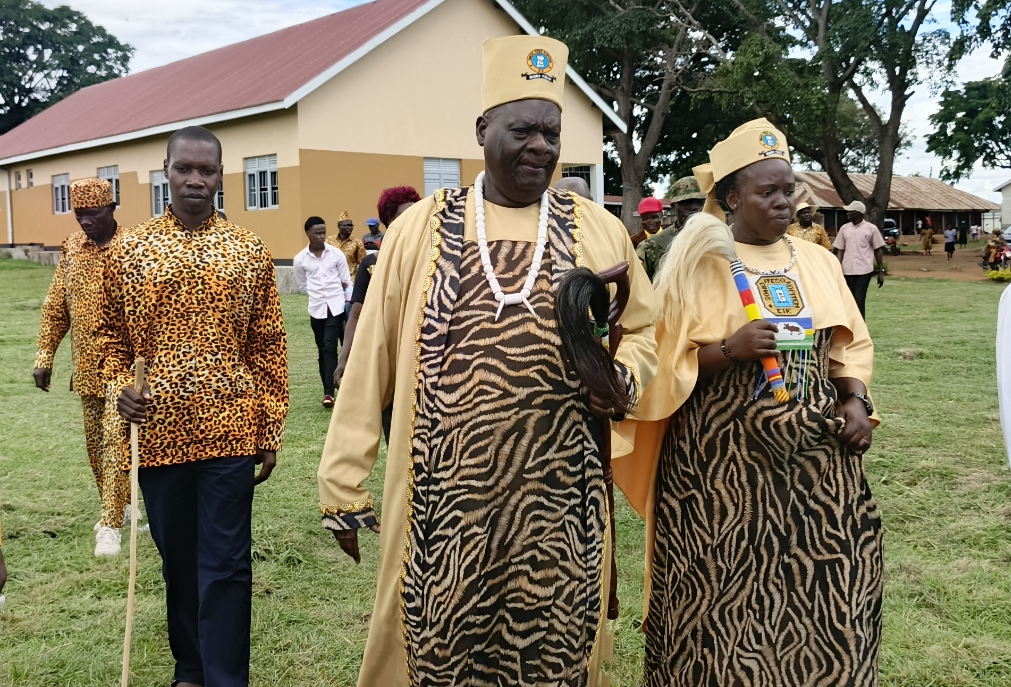
From restoring demolished sites to launching Ere Iteso, he blends heritage with modern infrastructure.
2. Tourism as an Economic Engine:
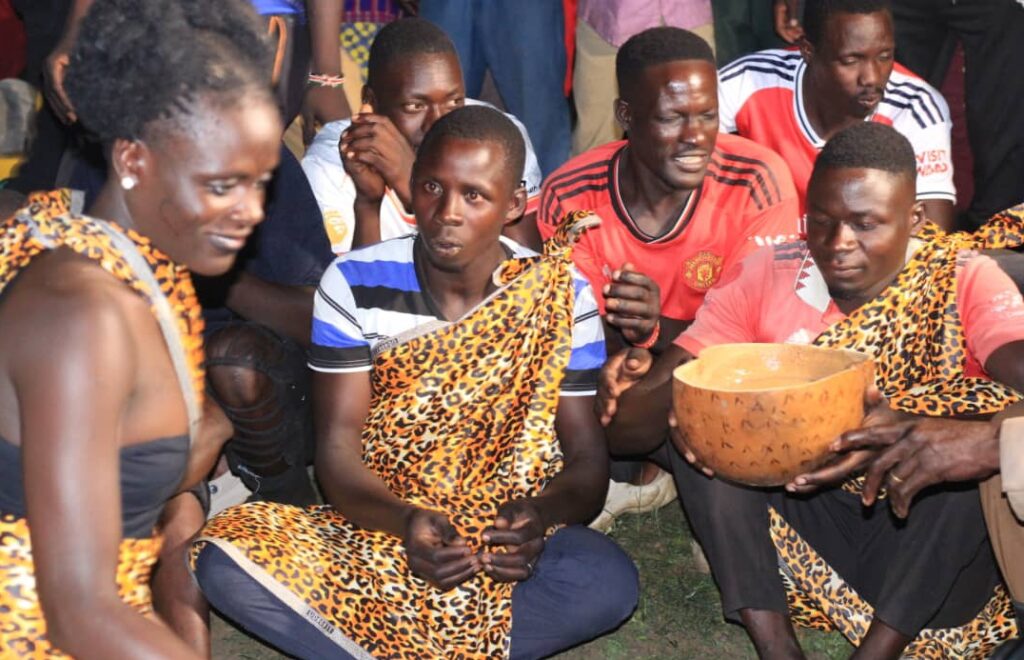
Through the Ecomai Festival and tourism strategies, he is turning natural and cultural assets into sustainable livelihoods.
3. Climate and Environment Advocacy:
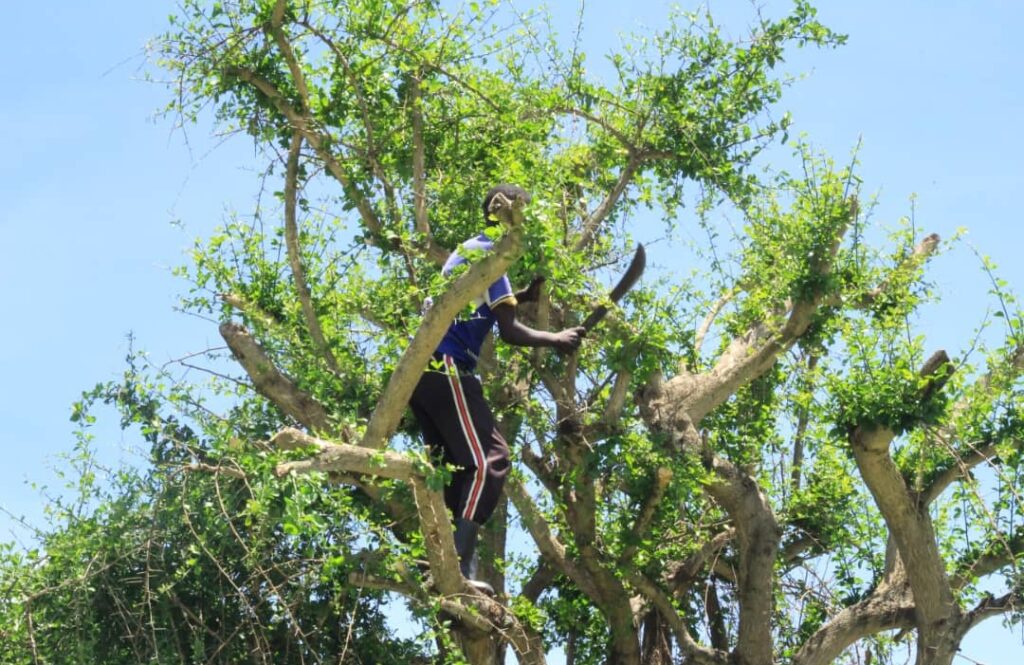
His partnerships with UPDF, the Italian Agency for Development Cooperation, and the EU have anchored ICU in the global climate action agenda.
4. Human Capital Investment:
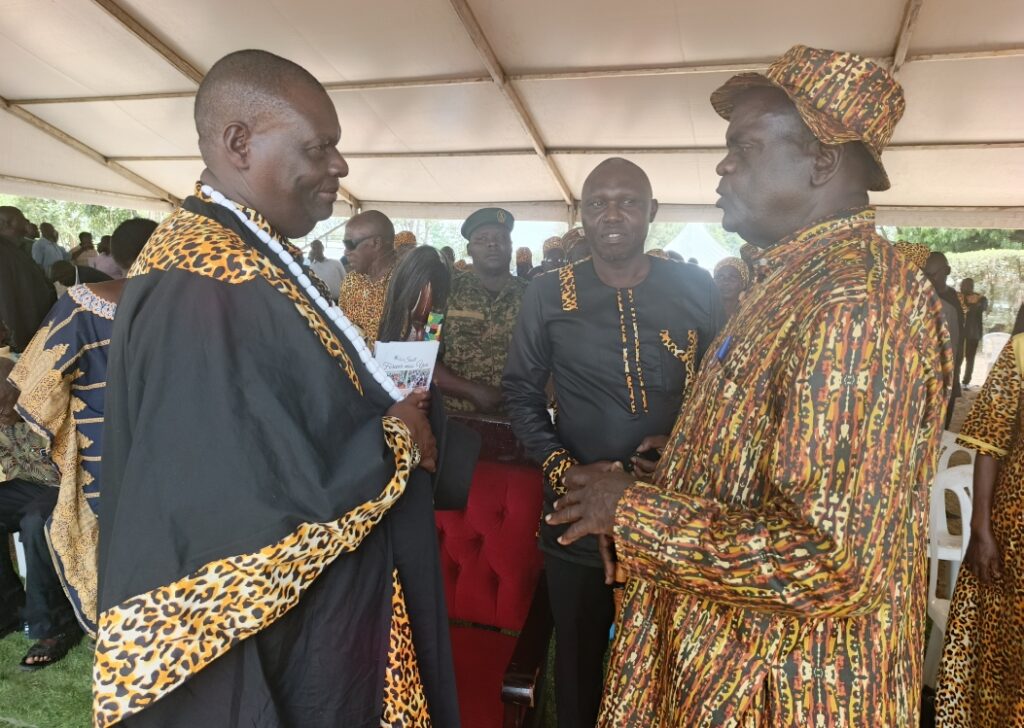
His education fund and parenting advocacy underline his belief that empowered families and educated youth are the foundation of Teso’s future.
5. Diplomatic Outreach:
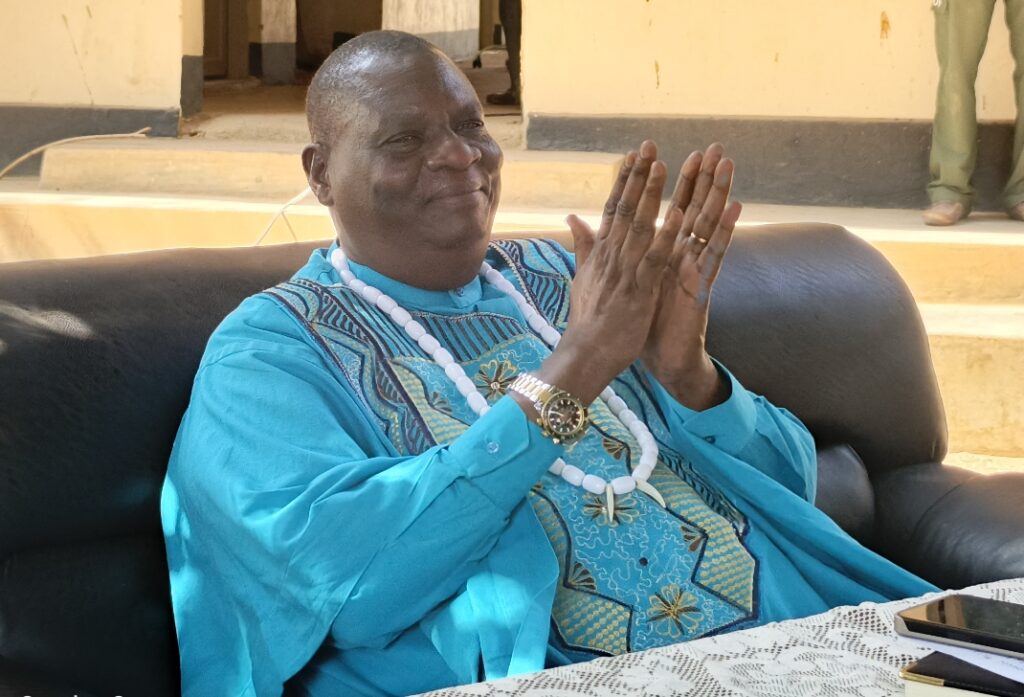
By engaging with leaders abroad, he has amplified the visibility and aspirations of the Iteso people on the international stage.
A Cultural Leader for the FutureSince his enthronement in 2022, Emorimor Papa Paul Sande Emolot has redefined cultural leadership for the Iteso. His reign has blended reconciliation with institution-building, festivals with diplomacy, and heritage defence with forward-looking programs.
From the Ateker Re-Union Festival to the Ecomai Festival, from the Ere Iteso project to climate action partnerships, and from education schemes to international diplomacy, his leadership has demonstrated that culture is not just about preserving the past, it is about unlocking the future.
Today, the Iteso stand taller, prouder, and more visible than ever before, united under a leader who has proven that cultural power can drive both identity and development.
As the sun sets on Lake Opeta, as songs rise from the Ateker gatherings, and as trees are planted for future generations, one truth endures: under Emorimor Emolot, the flame of Iteso culture is not only burning, it is lighting the path to transformation.


